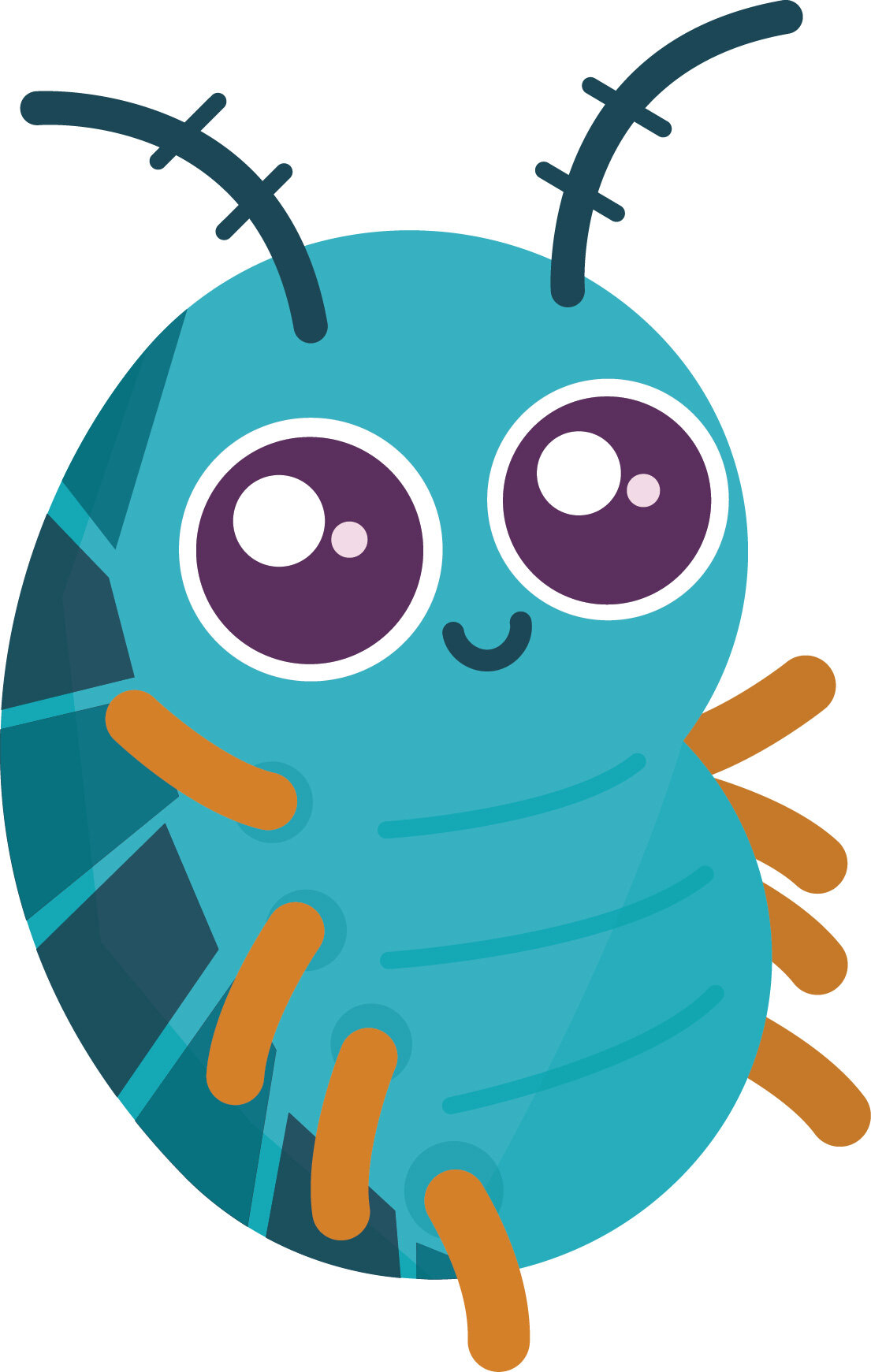

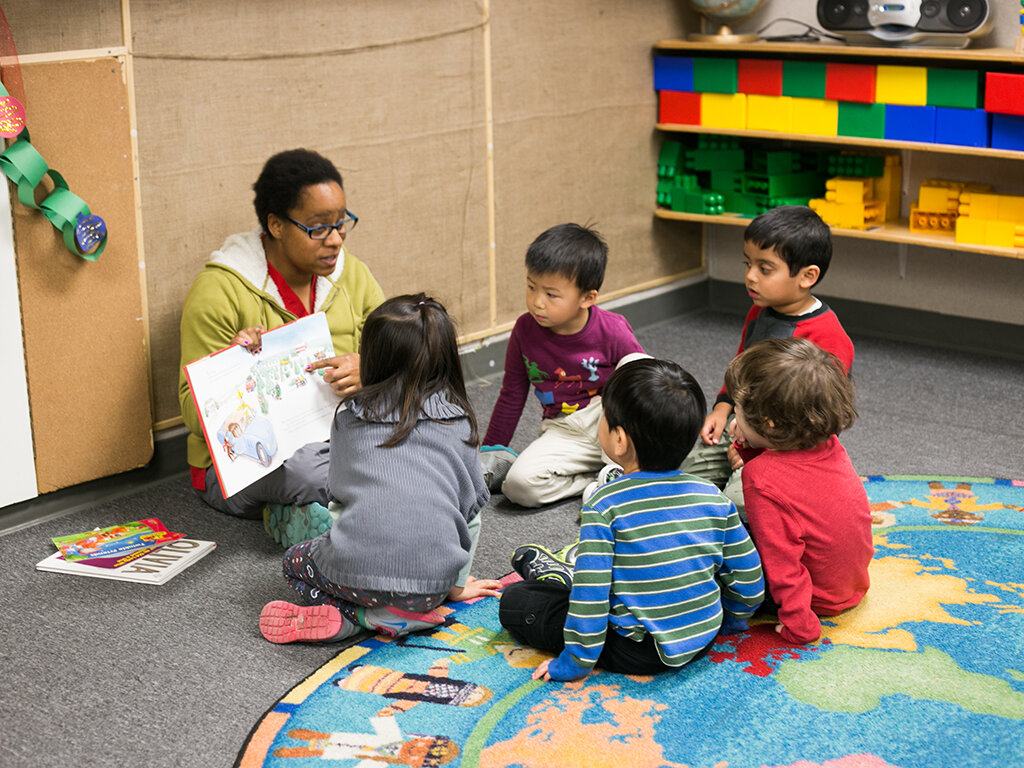
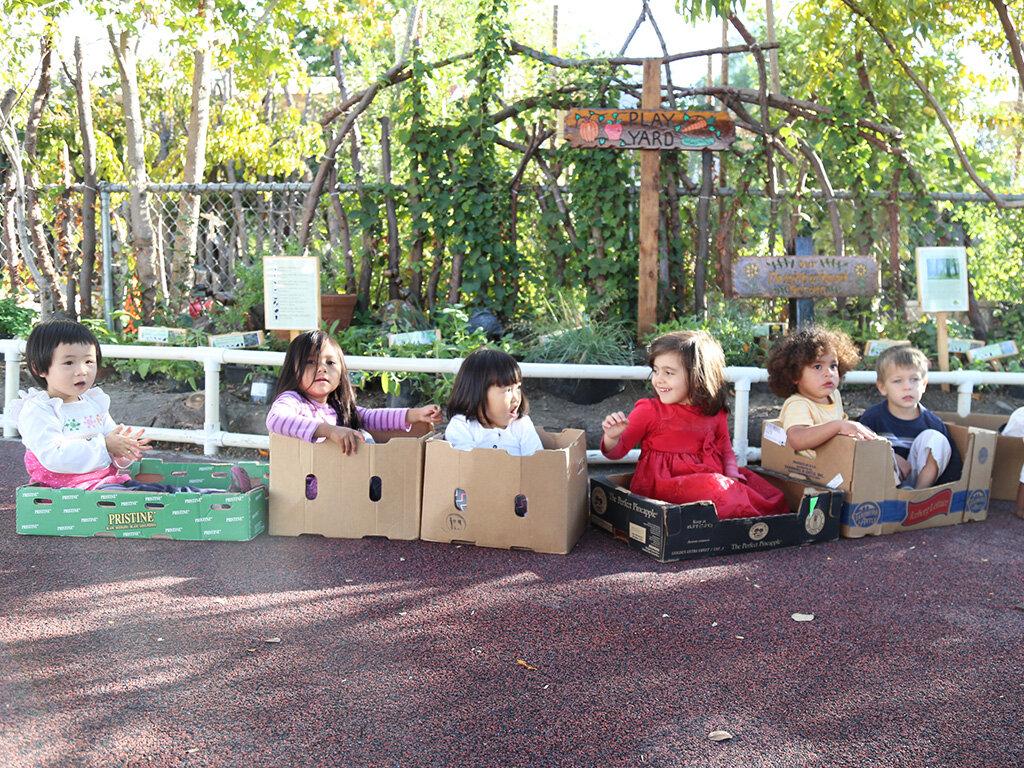

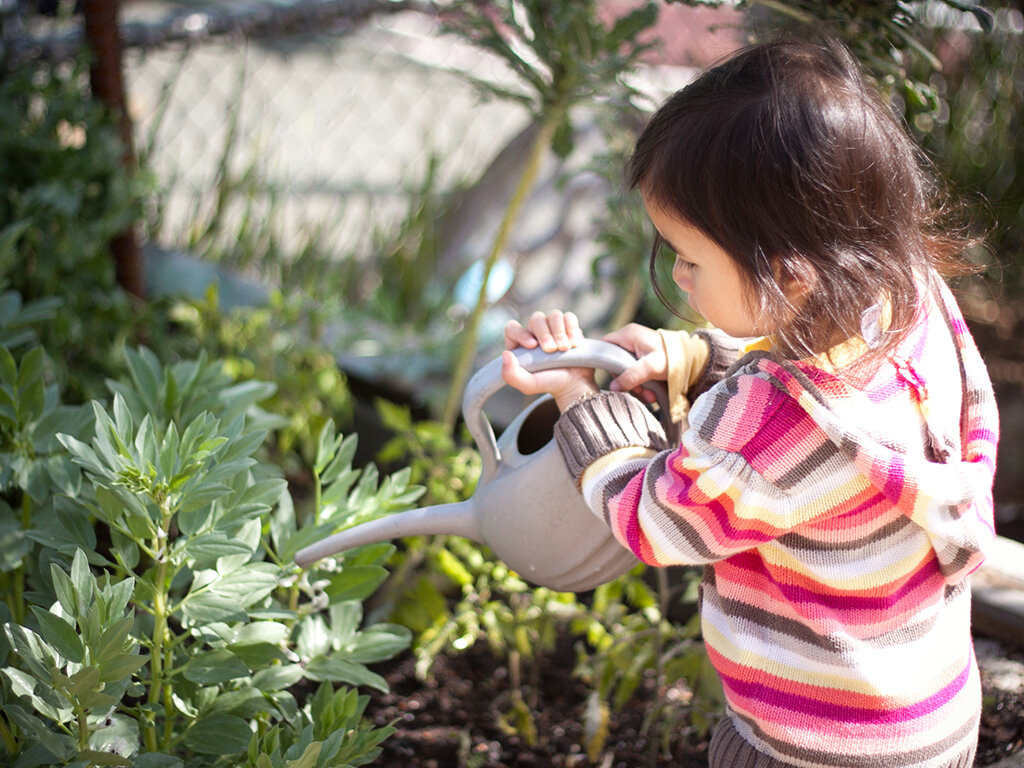
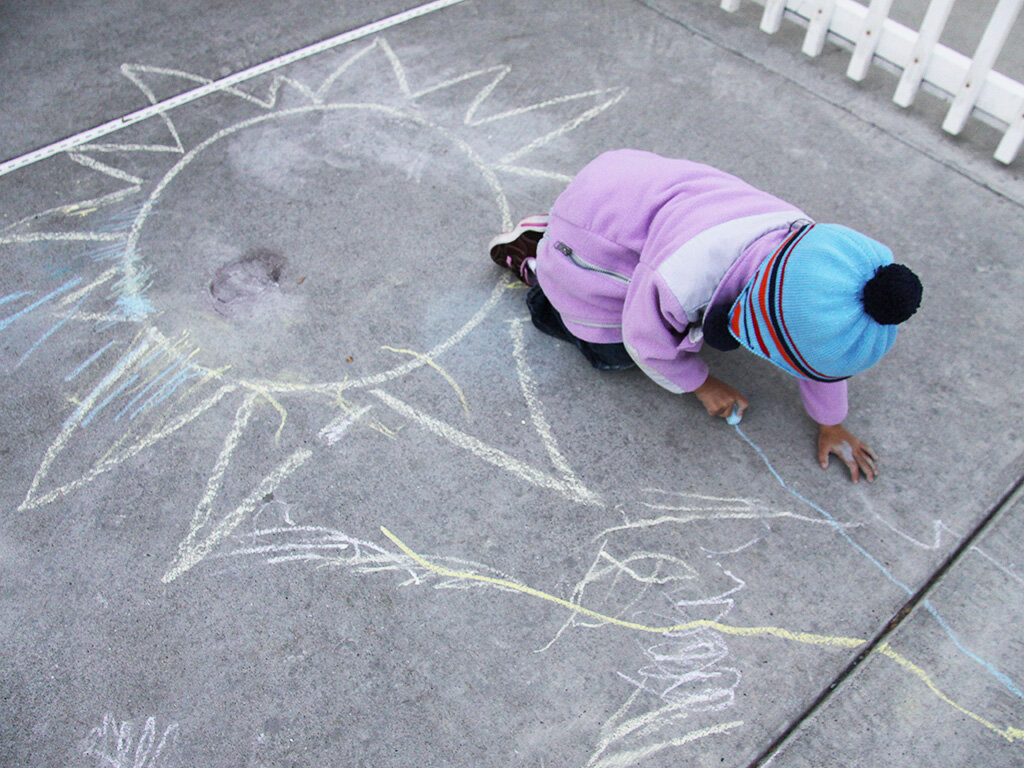


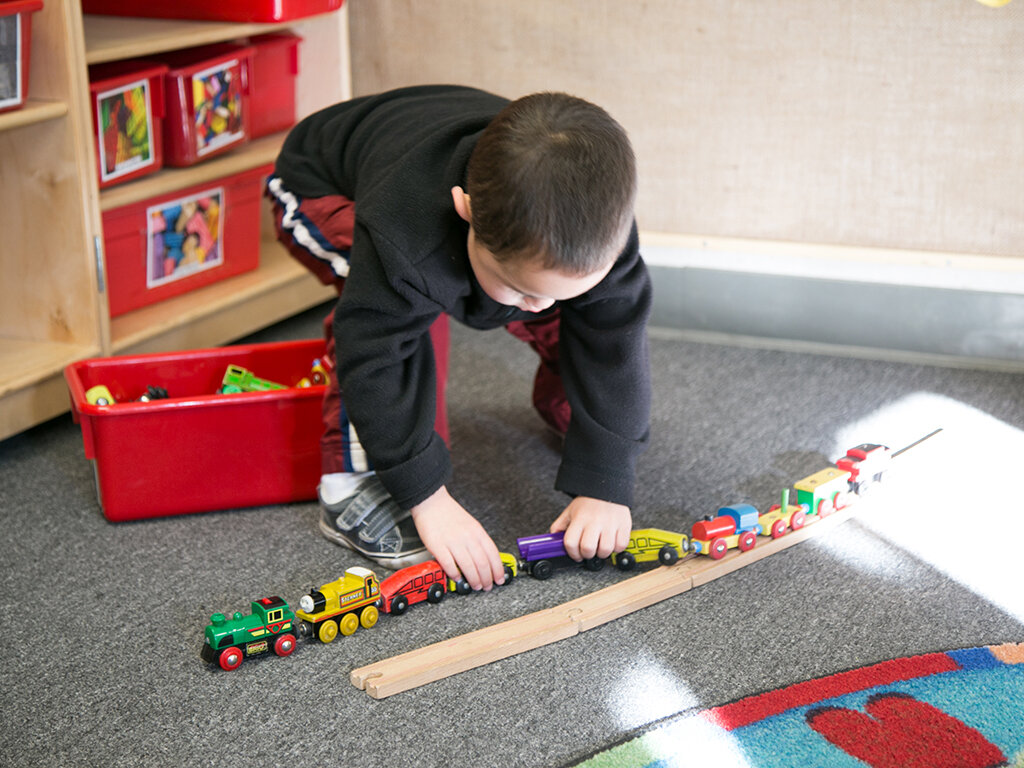
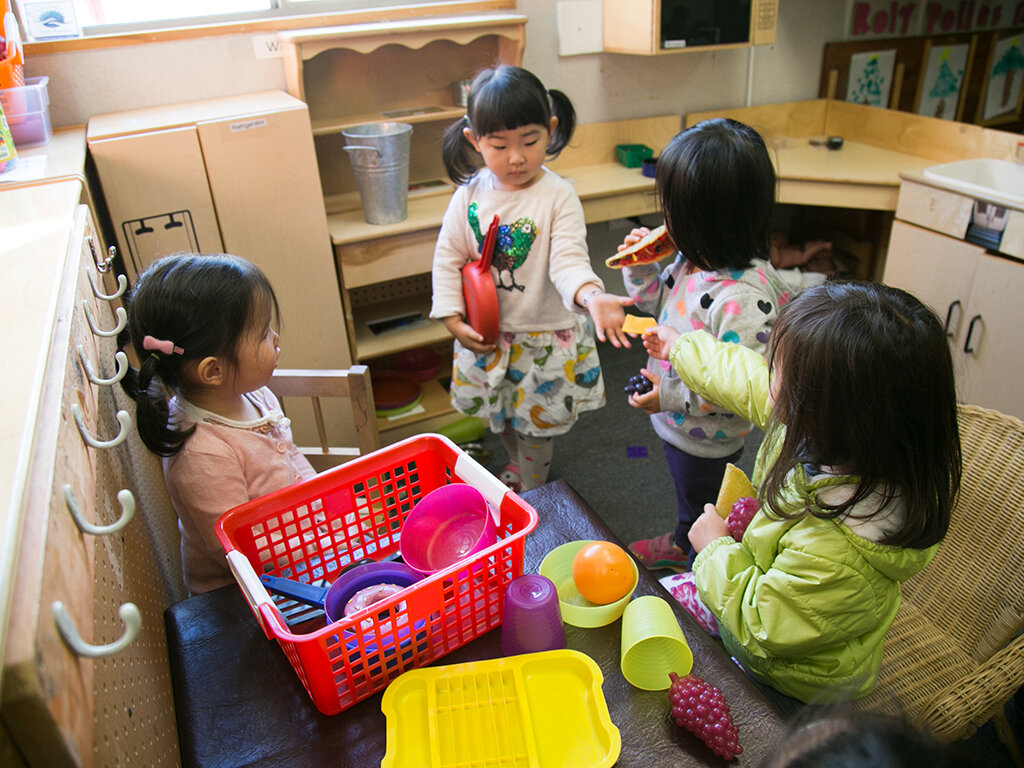


ROLY POLIES:
2’s to Younger 3’s
DAILY SCHEDULE FOR ROLIE POLIES FALL 2023 (Click image below to zoom in)
AGE REQUIREMENTS
2’s to 3’s
POTTY TRAINING
Optional
RATIO
1:6
SCHEDULE OPTIONS
5 DAYS (Monday-Friday):
Full Time (7:30 am - 5:30 pm)
Part Time (9:00 am - 3:00 pm)
Half-Day (9:00 am - 12:00 pm)
DESCRIPTION OF THE ROLY POLIES PROGRAM
The Roly Polies Program is a preschool program that is designed for children who are developing their sense of self and independence. The program is designed to provide a nurturing environment where children can develop autonomy, confidence, and collaboration. The program's structure is based on the idea that children learn best through play, and the teachers make a targeted effort to promote collaborative play skills and emotional self-regulation.
The Roly Polies Program provides children with a range of activities that promote social-emotional competency, such as group discussions, sharing time, and collaborative projects. The program also includes learning centers that emphasize music, art, and outdoor play, as well as cognitive domains such as math and science.
In addition to these activities, the Roly Polies Program also encourages children to express their individuality and creativity through independent or group projects. This helps children develop their pre-writing fine motor skills and allows them to feel connected to their class and a part of a community of peers.
GOALS OF THE ROLY POLIES PROGRAM
Every child grows in their own way and in their own time, yet by the time a child completes the Roly Poly class, they should demonstrate significant growth in the following areas:
Your Roly Poly learner will…
understand the love God has for them and that they can pray anytime and anywhere.
be able to arrive at school confident and ready for the day.
enjoy engaging in the experience of learning.
start to show interest in cooperative play with peers.
begin to participate in group discussions, sharing their thoughts and ideas.
demonstrate age-appropriate social-emotional development.
begin to organically express interest in literacy, math, science, and other cognitive domains.
create projects independently or with peers that express their individuality, confidence, and curiosity.
develop their pre-writing fine motor skills.
feel connected to their class and a part of a community of peers.

